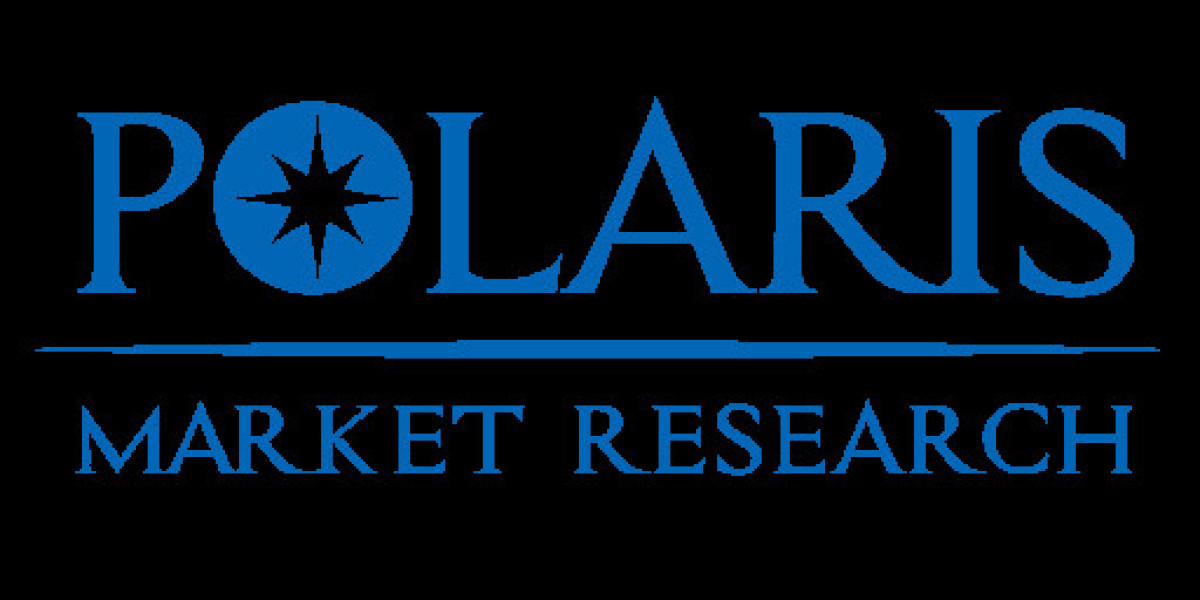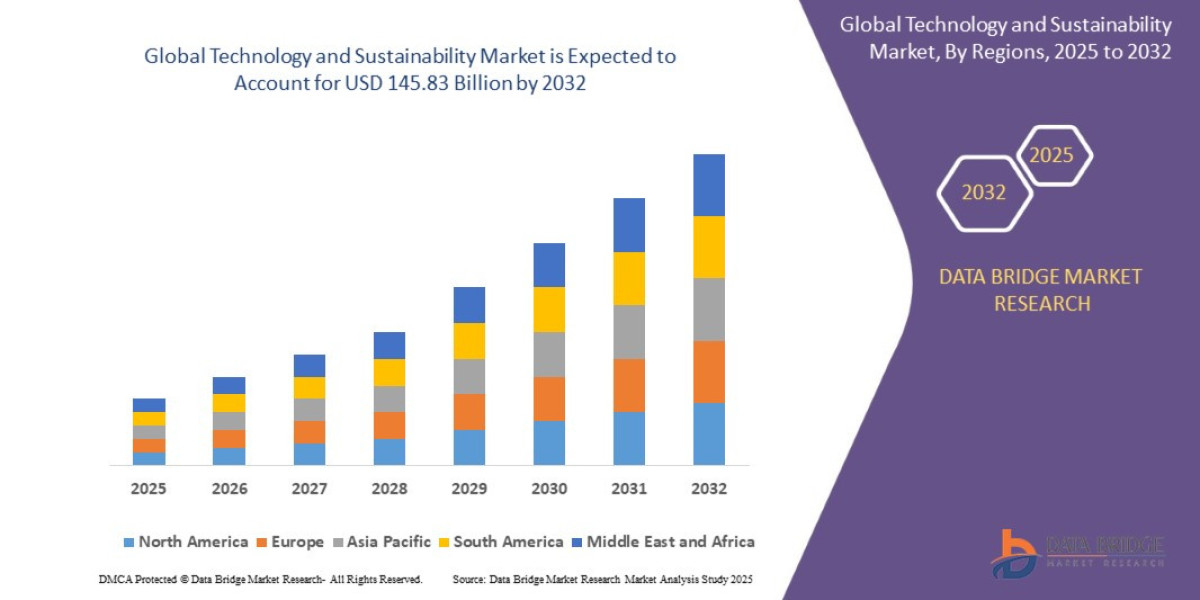The global waste management market, valued at USD 1.36 trillion in 2024 and projected to expand at a compound annual growth rate (CAGR) of 5.6% from 2025 to 2034, reflects one of the most critical sectors underpinning environmental sustainability and industrial efficiency. With rising urbanization, industrialization, and stricter regulatory enforcement worldwide, the management of municipal solid waste, hazardous industrial byproducts, and recyclable streams has become both a public necessity and a significant commercial opportunity. Region-specific performance underscores how varying policy frameworks, regional manufacturing trends, and economic structures are shaping demand across North America, Europe, Asia Pacific, and emerging economies. Understanding these dynamics highlights the complexity of market penetration strategies and the interconnected nature of cross-border supply chains.
North America continues to hold a significant share of global waste management revenues, supported by the United States’ comprehensive federal and state-level regulatory frameworks. The U.S. Environmental Protection Agency (EPA) and state legislations mandate stringent protocols for landfill management, hazardous waste treatment, and recycling targets, directly influencing investment in waste-to-energy (WtE) infrastructure and material recovery facilities. Market penetration strategies in this region often focus on advanced recycling technologies and digital monitoring platforms to reduce operational inefficiencies. Canada, with its Extended Producer Responsibility (EPR) policies, has been advancing packaging waste recovery, creating predictable demand for both recycling and treatment services. Cross-border supply chains, particularly for recyclables and secondary raw materials, remain vital for North America, though geopolitical tensions with Asian economies have forced recalibrations in export flows, especially in the case of plastics and paper recyclables.
Europe, meanwhile, remains at the forefront of sustainability-led waste management initiatives, driven by binding EU directives such as the Waste Framework Directive, the Circular Economy Action Plan, and country-level decarbonization strategies. Germany and the Netherlands serve as benchmarks in recycling rates, with landfill diversion policies exceeding 70%. The region is distinguished by its aggressive adoption of circular economy practices, where industrial symbiosis and closed-loop recycling systems are integrated into manufacturing operations. Regional manufacturing trends in Europe prioritize minimizing waste streams at the source, supported by cross-sector collaborations between waste management firms and industrial players. The United Kingdom, post-Brexit, is reshaping its waste trade policies, with renewed emphasis on domestic treatment capacity. Investments in chemical recycling technologies and high-value material recovery have further enhanced Europe’s reputation as a pioneer in waste management innovation, with potential export of technology solutions to other regions.
Read More @ https://www.polarismarketresearch.com/industry-analysis/waste-management-market
Asia Pacific presents the fastest-growing regional market, driven by rapid industrialization, urban population growth, and infrastructure investment. China, after its 2018 National Sword policy banning certain waste imports, has shifted toward building domestic recycling and treatment capacity, spurring a regional realignment of waste trade. India, with urban centers generating over 150,000 tons of municipal solid waste daily as reported by its Central Pollution Control Board, is focusing on waste segregation at source and waste-to-energy projects under the Swachh Bharat Mission. Southeast Asian nations, which have historically been key recipients of global recyclable flows, are now tightening import regulations while simultaneously investing in localized treatment infrastructure. These shifts have created opportunities for technology providers and operators to strengthen market penetration strategies in emerging economies, while also intensifying the need for regional collaboration on cross-border supply chains for hazardous and electronic waste.
The competitive landscape in waste management reflects a concentration of large multinational corporations with integrated service portfolios, complemented by regional firms specializing in niche treatment or recycling. These top players leverage scale, technology, and cross-regional expertise to drive growth and adapt to varying policy landscapes. The leaders with substantial market hold include:
- Veolia Environnement S.A.
- SUEZ S.A.
- Waste Management, Inc.
- Republic Services, Inc.
- Clean Harbors, Inc.
- Biffa plc
- FCC Environment
- Covanta Holding Corporation
More Trending Latest Reports By Polaris Market Research:
Distribution Automation Market
Food Service Disposables Market
Vibration Control Systems Market
Revenue Cycle Management Market
Intravenous Immunoglobulin Market








